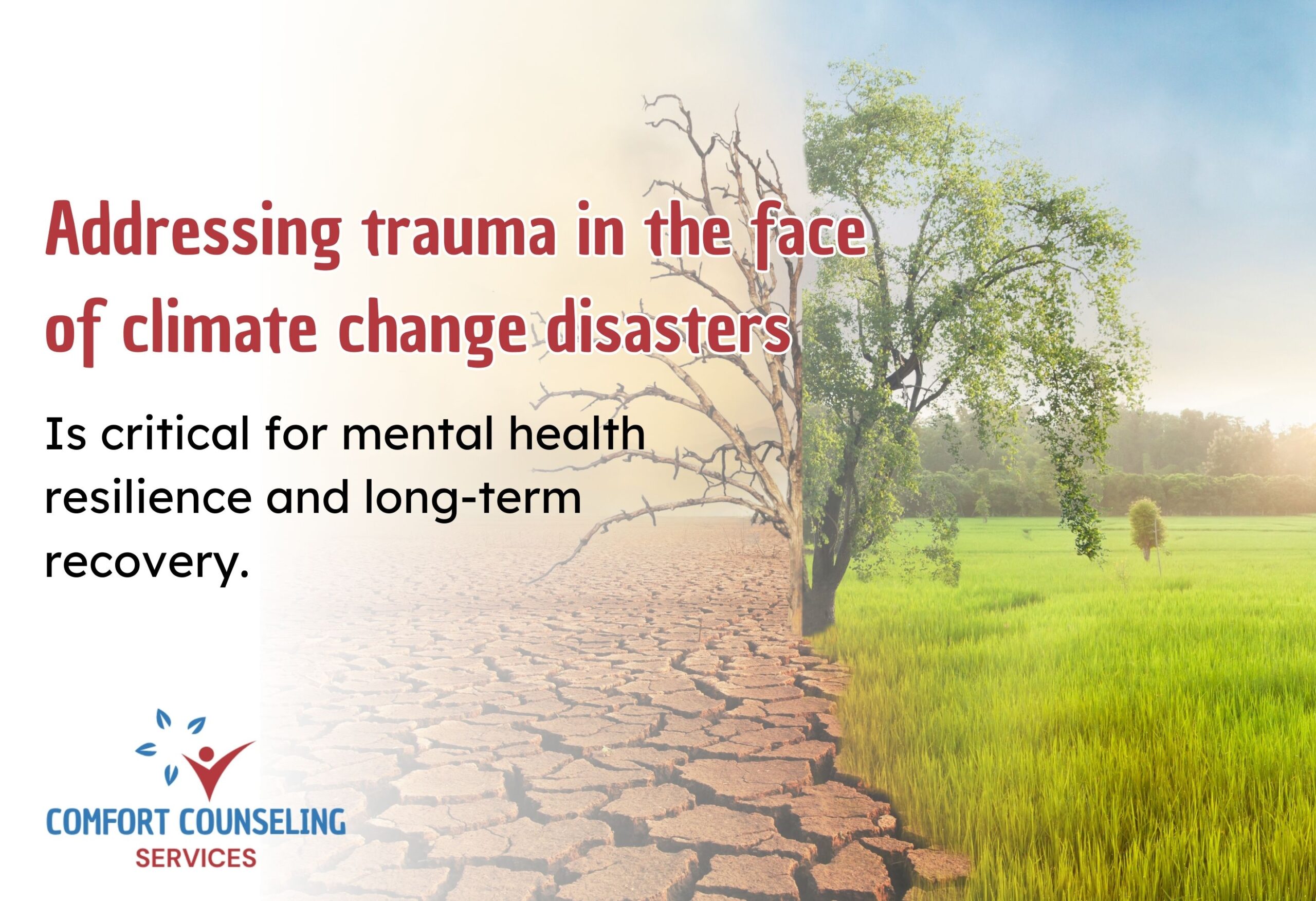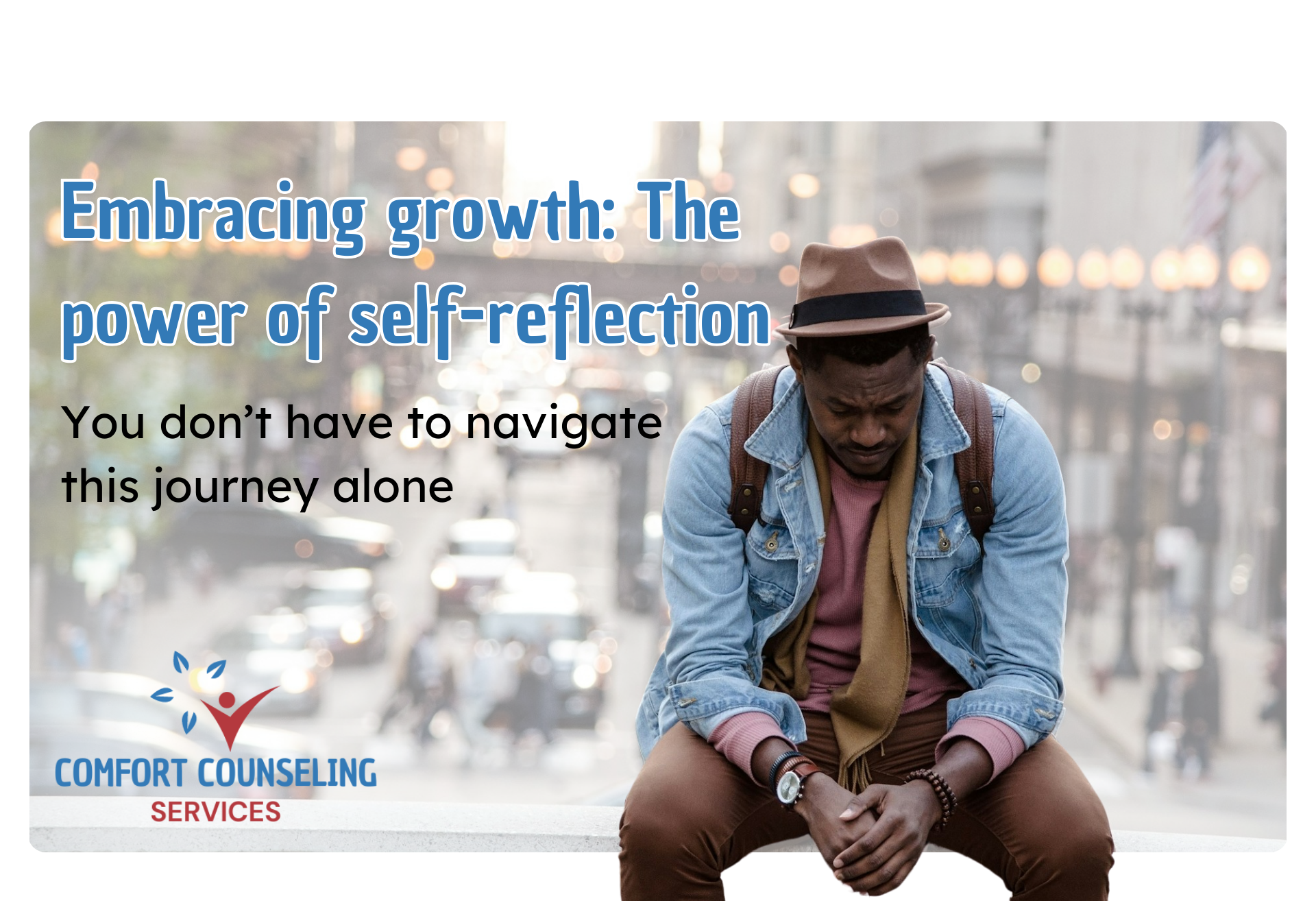Introduction
Relationships are at the core of human experience. Whether romantic, familial, professional, or social, the quality of our relationships significantly impacts our mental and emotional well-being. February, often associated with love and connection, is an ideal time to reflect on building and maintaining healthy relationships. Research shows that strong social connections enhance resilience, reduce stress and improve overall life satisfaction (Umberson & Karas Montez, 2010).
In this blog, we will explore key components of healthy relationships, signs of toxic relationships, and strategies for fostering meaningful connections. We will also provide academic references, podcasts, blogs, and YouTube resources to deepen your understanding.
1. The importance of healthy relationships for mental well-being
Psychologists and researchers have long emphasized that healthy relationships contribute to psychological well-being. The American Psychological Association (APA) states that individuals with supportive relationships experience lower levels of anxiety and depression and exhibit greater emotional resilience (Holt-Lunstad et al., 2010).
How relationships affect mental health:
- Emotional support: Healthy relationships provide a safe space to express emotions and seek comfort.
- Stress reduction: Positive relationships help regulate stress by promoting the release of oxytocin, a hormone linked to emotional bonding and relaxation (Taylor, 2006).
- Increased self-esteem: Supportive relationships reinforce self-worth and encourage personal growth.
- Physical health benefits: Research indicates that strong social ties lower the risk of chronic illnesses and improve longevity (House, Landis, & Umberson, 1988).
Podcast Recommendation:
- The Science of Happiness (Greater Good Science Center) – Explores how social connections and healthy relationships impact happiness and well-being.
2. Key components of a healthy relationship
a) Communication
Effective communication is the foundation of any healthy relationship. It involves active listening, expressing thoughts honestly and addressing conflicts constructively. Studies suggest that couples who practice open communication have higher relationship satisfaction (Gottman & Silver, 1999).
Tips for Improving Communication:
- Use “I” statements to express feelings without blame.
- Practice active listening by summarizing what the other person says.
- Set aside time for meaningful conversations.
b) Trust and respect
Trust is built through consistency, honesty and mutual respect. According to Dr. John Gottman, trust is strengthened when partners prioritize each other’s needs and respond to emotional bids positively (Gottman Institute, 2015).
c) Conflict resolution
Disagreements are natural, but how they are handled determines relationship quality. Research by Dr. Sue Johnson (2019) emphasizes the role of emotional responsiveness in resolving conflicts and deepening intimacy.
Techniques for conflict resolution:
- Use a problem-solving approach instead of blame.
- Take a break when emotions escalate.
- Seek compromise and understand each other’s perspectives.
YouTube Recommendation:
- The Gottman Institute – Relationship Advice & Science (Dr. John Gottman) – Offers research-backed insights on communication and conflict resolution.
3. Recognizing and addressing unhealthy relationships
Not all relationships contribute to well-being. Toxic relationships can lead to emotional distress, anxiety, and even depression. Common signs of an unhealthy relationship include:
- Lack of respect and trust
- Manipulation and control
- Emotional or physical abuse
- Chronic stress and anxiety in the relationship
Blog Recommendation:
- PsychCentral – Identifying Toxic Relationships – Discusses the psychological impact of unhealthy relationships and steps to set boundaries.
Seeking help:
If a relationship becomes harmful, seeking professional counseling can provide guidance. Comfort Counseling Services offers confidential support to individuals dealing with relationship challenges.
4. Practical strategies to strengthen relationships
a) Practice gratitude
Expressing appreciation strengthens bonds. A study by Algoe et al. (2010) found that gratitude fosters closeness and increases relationship satisfaction.
b) Establish healthy boundaries
Boundaries protect emotional well-being. Dr. Henry Cloud and Dr. John Townsend’s book Boundaries (1992) provides insights on setting and maintaining boundaries in relationships.
c) Engage in shared activities
Spending quality time together strengthens connection. Research shows that engaging in fun and meaningful activities improves relational satisfaction (Aron et al., 2000).
d) Seek professional counseling when needed
When facing persistent relationship challenges, professional counseling can provide valuable insights and coping strategies.
Podcast Recommendation:
- Where Should We Begin? (Esther Perel) – A deep dive into real-life relationship struggles and expert advice.
5. Conclusion
Building and maintaining healthy relationships is essential for emotional and mental well-being. By practicing effective communication, fostering trust, and addressing conflicts constructively, individuals can cultivate fulfilling connections. Recognizing and addressing toxic relationships is equally important for personal growth and mental health.
At Comfort Counseling Services, we are committed to helping individuals and couples navigate relationship challenges and build meaningful connections. If you or someone you know is struggling in a relationship, seek professional counseling support.
Further Resources:
- Books: The Seven Principles for Making Marriage Work (John Gottman, 1999)
- Podcasts: The Science of Happiness (Greater Good Science Center)
- YouTube Channels: The Gottman Institute, Esther Perel Global
- Blogs: PsychCentral, Greater Good Magazine (UC Berkeley)



